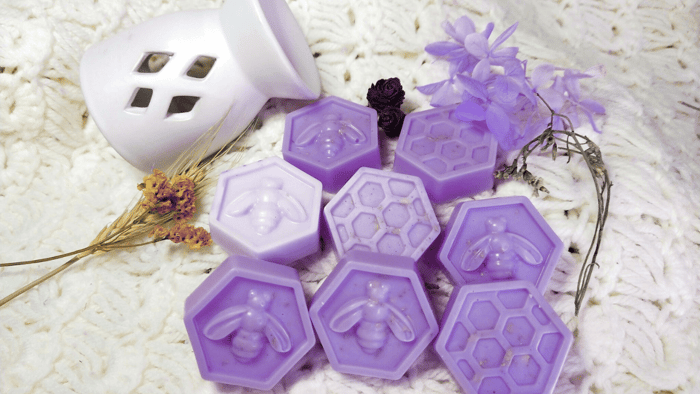If you enjoy keeping your home smelling amazing, you’ve probably explored a range of scent products - from candles and wax melts to sprays and diffusers. One common question many people ask is - Can you use fragrance oil in a diffuser? The answer is - it depends on the type of diffuser and the formulation of the oil.
This guide explains the key differences between various types of diffusers, what these oils are made from, and how to safely use them for best results.
What Is Fragrance Oil?
Before diving into diffuser compatibility, it’s important to understand what fragrance oil actually is.
Unlike essential oils, which are extracted from plants, fragrance oils are either fully synthetic or a blend of natural and synthetic ingredients. They're designed primarily for scenting purposes - not for therapeutic use. These oils are commonly used in home fragrance products like candles, wax melts, soaps, and of course, diffusers.
One of their biggest advantages is the variety of scents available. From bakery-inspired blends and fresh linen to high-end perfume dupes, the options are nearly endless. Many users also prefer them because of their affordability and strong scent performance compared to essential oils.
Types of Diffusers
Not all diffusers work the same way - and not all are suitable for every type of oil. Here's a breakdown of the most popular diffuser types and how they interact with oils.
1. Ultrasonic Diffusers
These devices use a combination of water and ultrasonic vibrations to disperse a fine mist into the air. They’re most commonly used with essential oils due to how well those oils blend with water.
Standard fragrance oils may not mix properly in ultrasonic models. Since many of them contain heavier or synthetic ingredients, they can separate in water or leave behind residue that clogs the machine. However, there are water-soluble blends on the market specifically formulated for this type of diffuser. Always check your oil’s instructions or consult the supplier if you’re unsure.
2. Nebulising Diffusers
Nebulisers are designed to work without water. Instead, they atomise pure oils into ultra-fine particles using air pressure. This produces a highly concentrated aroma, which is why these diffusers are typically used for aromatherapy.
Because of their precise internal mechanics, nebulisers require pure, thin oils. Heavier synthetic blends - including many types of fragrance oil - can block the system or cause damage. Unless a product is clearly marked as suitable for use in a nebulising diffuser, it’s best avoided.
3. Reed Diffusers
Reed diffusers are simple, passive scenting tools that don’t require heat or electricity. They consist of a glass vessel filled with oil and reeds that absorb and release the scent gradually into the air.
This type of diffuser is one of the most compatible options for fragrance oil. In fact, many pre-made reed diffuser solutions are based on these types of oils, often blended with a base like Dipropylene Glycol (DPG) or Augeo.
Reed diffusers are great for continuous, maintenance-free scenting. Just remember to flip the reeds every few days to refresh the aroma.
Why People Choose Fragrance Oil
There are plenty of reasons why these oils are so popular in the home fragrance world -
Stronger and longer-lasting: These oils are known for their strong scent throw and staying power, even in passive systems like reeds.
Wider scent options: While essential oils are limited to what can be extracted from plants, fragrance oils can replicate nearly any smell - from a morning espresso to a luxury perfume.
Affordable: For those who love scenting their home frequently, this type of oil is usually more cost-effective.
Because of their versatility and strength, they’re an excellent option for people who want their home to smell great all day long.
Drawbacks and Considerations
While fragrance oil has many advantages, there are also a few things to be aware of -
Device limitations: Not every diffuser is compatible with these oils. Using them in the wrong type of diffuser - especially ultrasonic or nebulising models - can cause clogs or damage.
Synthetic ingredients: Those seeking only natural or therapeutic properties may prefer essential oils instead.
Sensitivity risk: Strong synthetic scents can trigger allergies or sensitivities in some individuals.
As with any scented product, it’s always best to test in small amounts and use in well-ventilated areas.
Tips for Using Oil Safely in a Diffuser
If you decide to use fragrance oil in your diffuser setup, follow these best practices:
✅ Check Compatibility
Read both your diffuser's user manual and the oil label. If the oil isn’t clearly marked as compatible, don’t take the risk - especially with ultrasonic or nebulising devices.
✅ Start with Small Amounts
Use just a few drops at first. Some oils are very concentrated, and too much could overpower the space.
✅ Clean Your Diffuser Often
Especially important with water-based models, as some oils leave a residue that can affect performance. Clean your device thoroughly between uses.
✅ Ventilate the Room
Always use any diffuser - whether with essential or synthetic oils - in a space with adequate airflow. This keeps the scent balanced and prevents it from becoming overwhelming.
✅ Choose Quality Oils
Low-cost, unregulated oils can contain additives that are irritating or potentially unsafe. Buy from trusted suppliers that clearly label their products and provide usage guidance.
Can You Use Fragrance Oil in a Diffuser? The Final Verdict
So, what’s the bottom line?
Yes, you can use fragrance oil in a diffuser - but only in the right type. Reed diffusers, electric warmers, and certain heat-based devices are perfect matches. However, ultrasonic and nebulising diffusers are more sensitive and typically require oils that are thin, pure, and water-compatible.
As long as you choose the correct oil for your device and follow proper usage guidelines, fragrance oil can be a fantastic way to enhance your home with rich, long-lasting scents.
Explore Our Handpicked Oils
Looking for premium-quality options that are perfect for home use? At House of Scent, we stock a carefully curated selection of undiluted oils designed for wax melts, diffusers, sprays, and more. Whether you're creating your own reed diffuser blend or experimenting with a warmer, our collection offers something for every scent preference.
Disclaimer: The information provided in this blog is based on our knowledge, experience, and research at the time of writing. While we strive to ensure accuracy, we encourage readers to conduct their own research and verify information independently, especially when making business or purchasing decisions. It is the reader’s responsibility to carry out thorough product testing - particularly before commencing batch production. Customers are fully responsible for checking the latest IFRA documentation, using the correct CLP labels for their specific products, and ensuring they hold the relevant CPSR assessments where required. House of Scent is not liable for any actions taken based on the content of this blog.

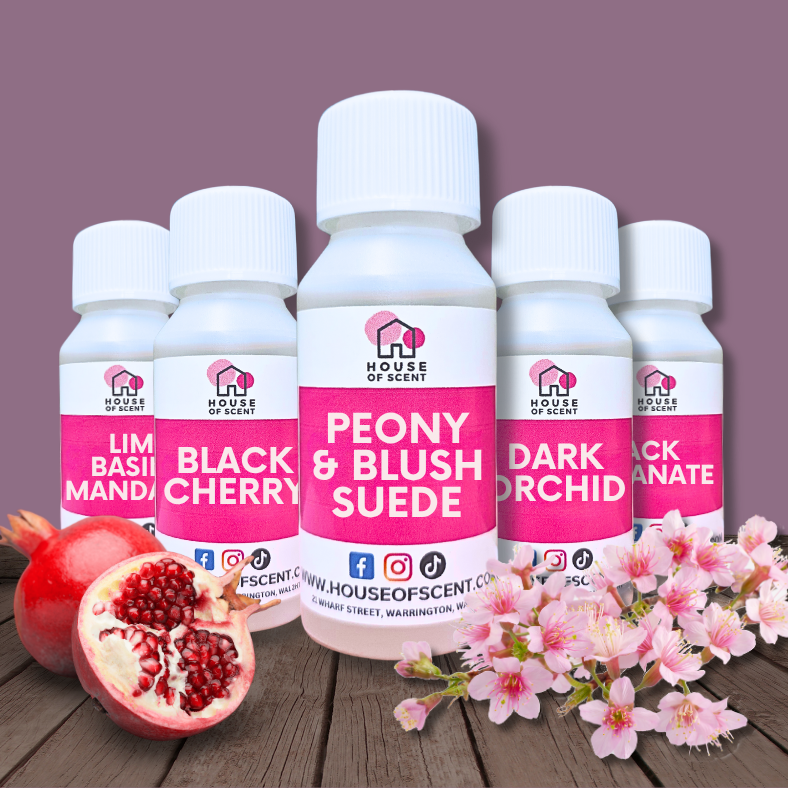

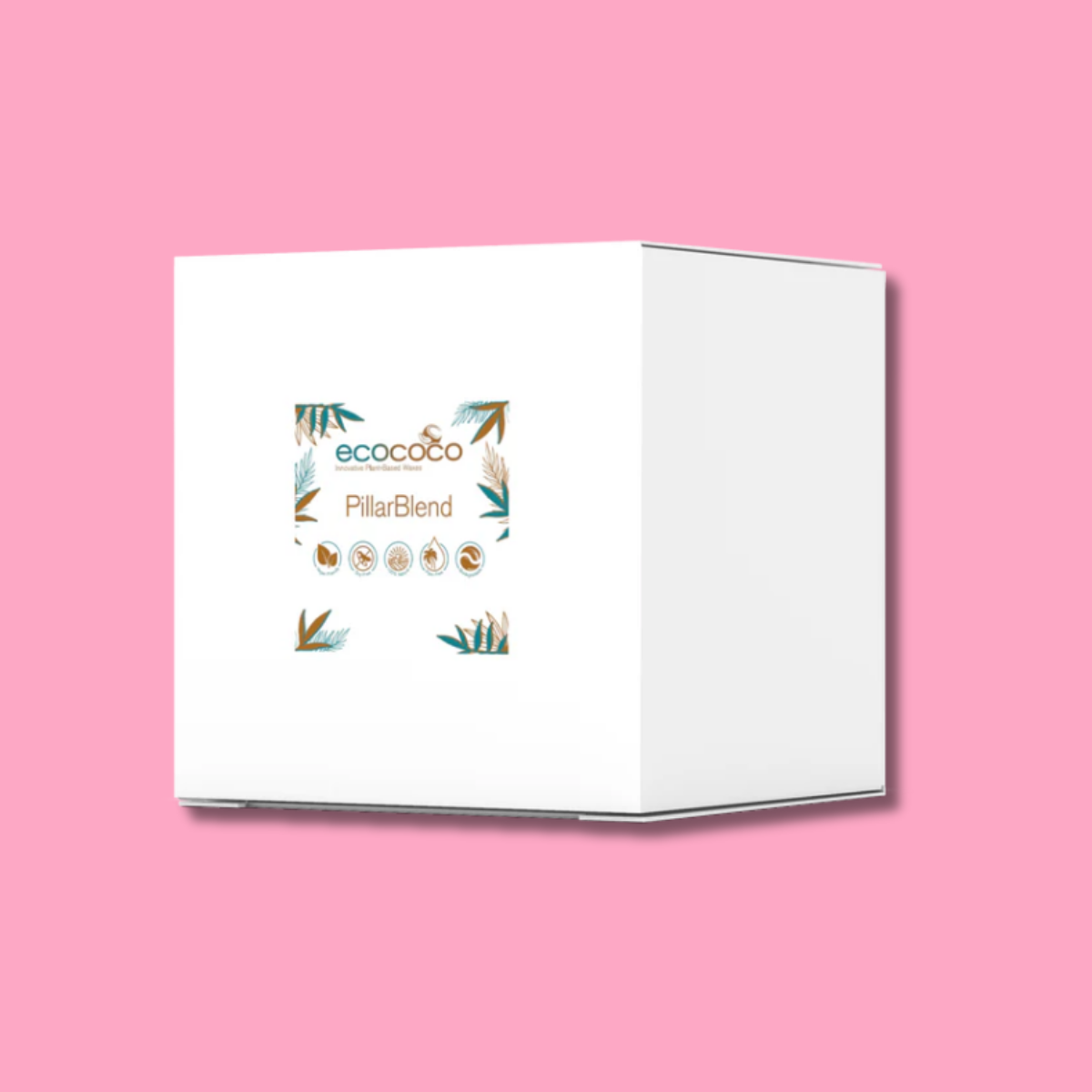
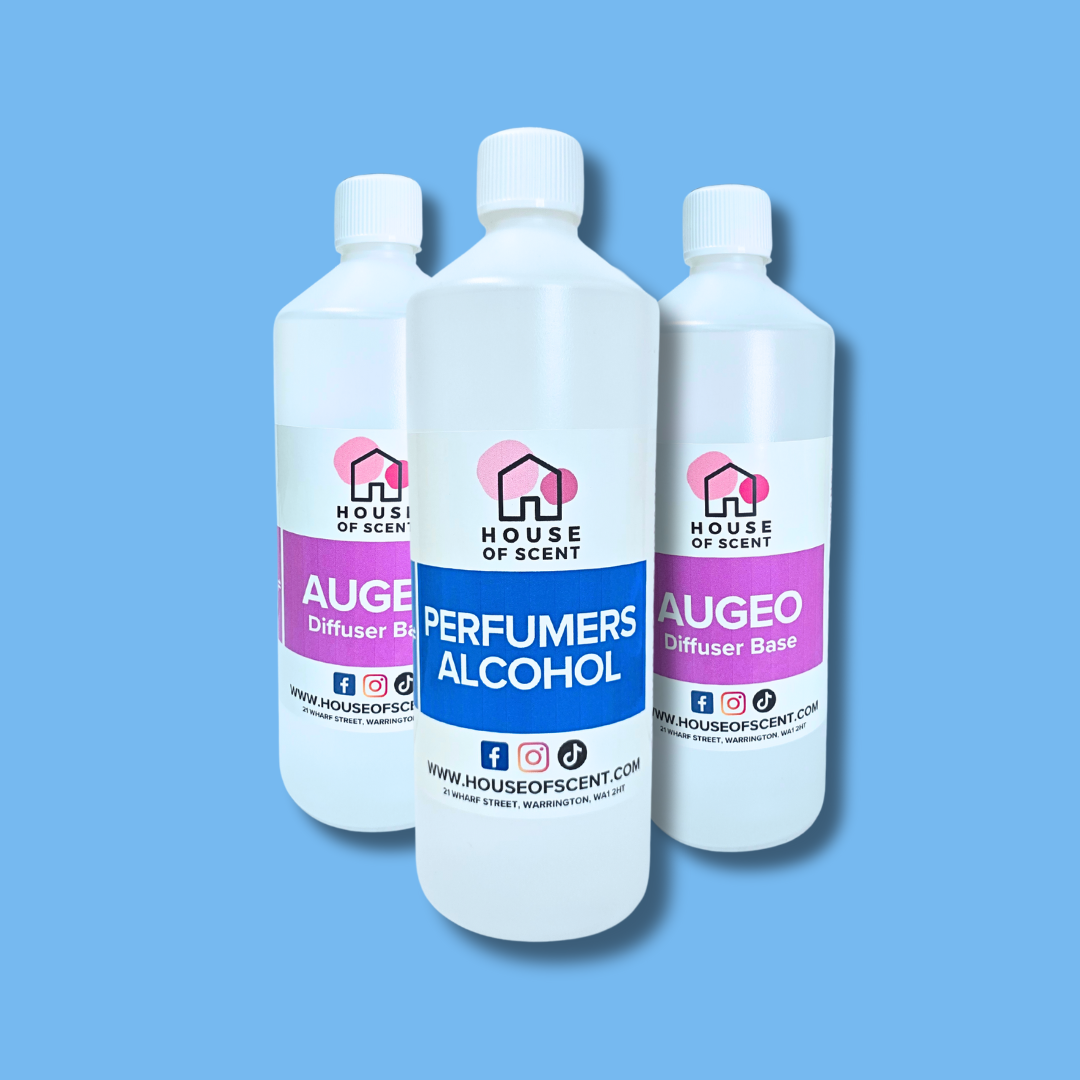
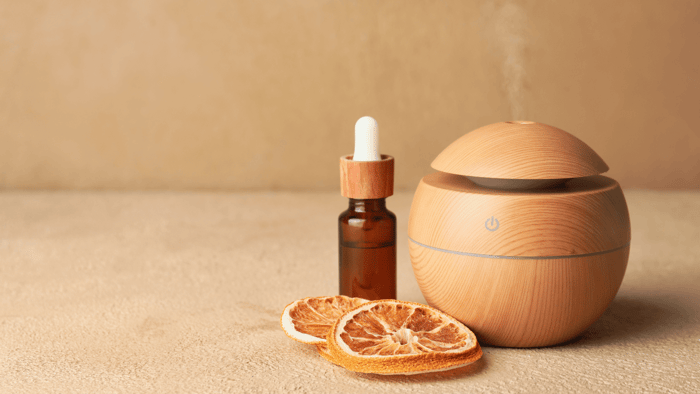
.jpg)


